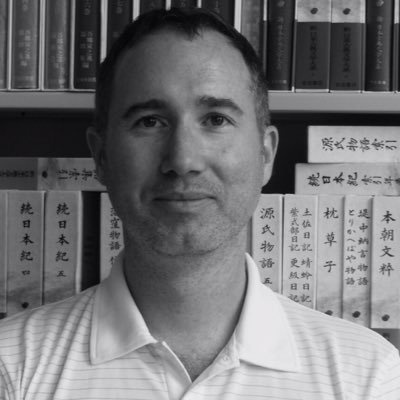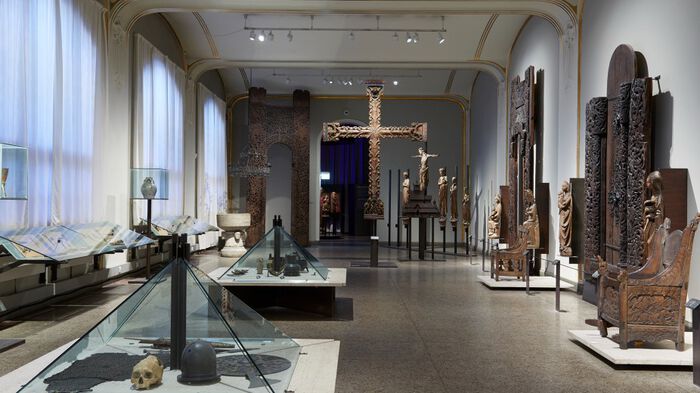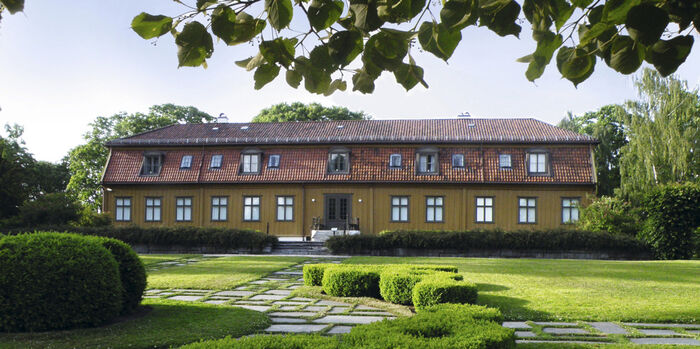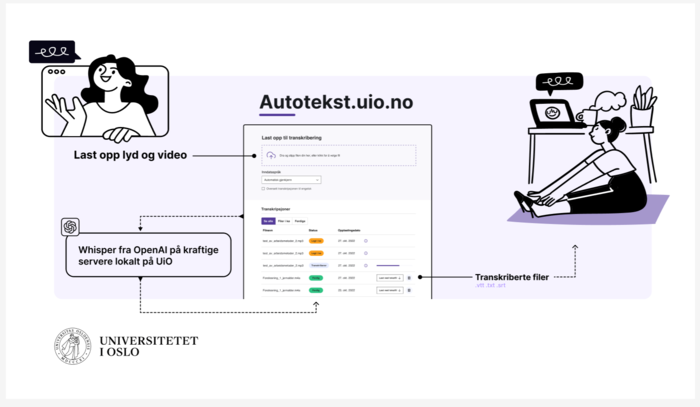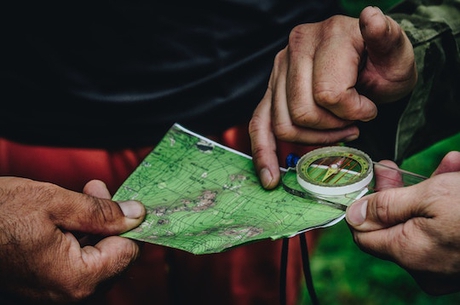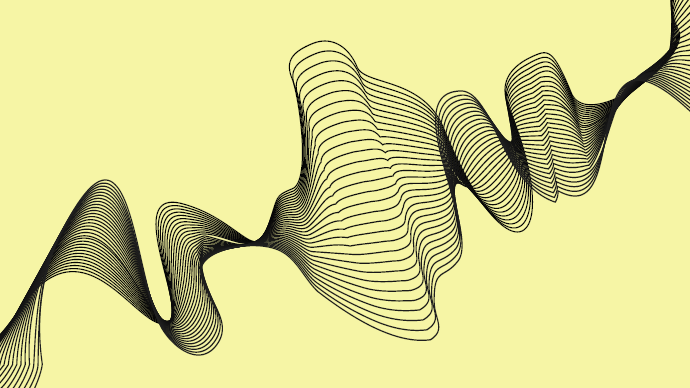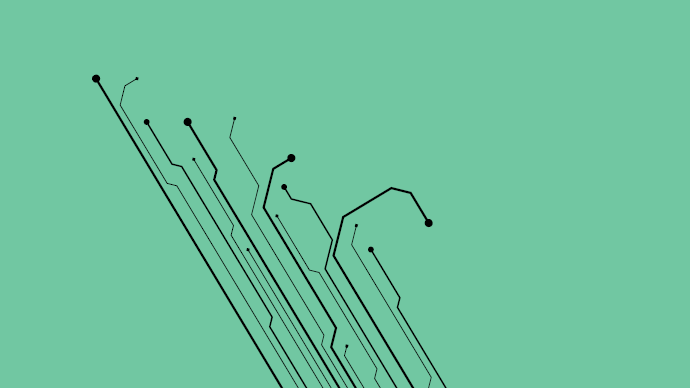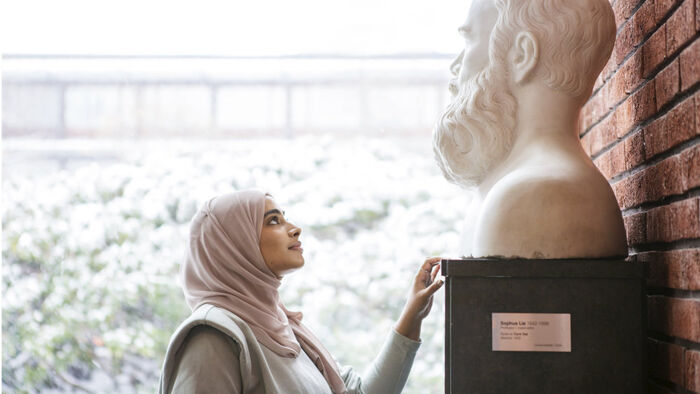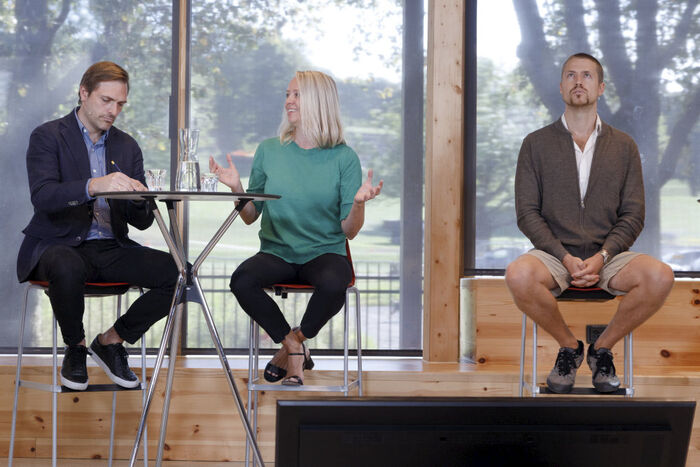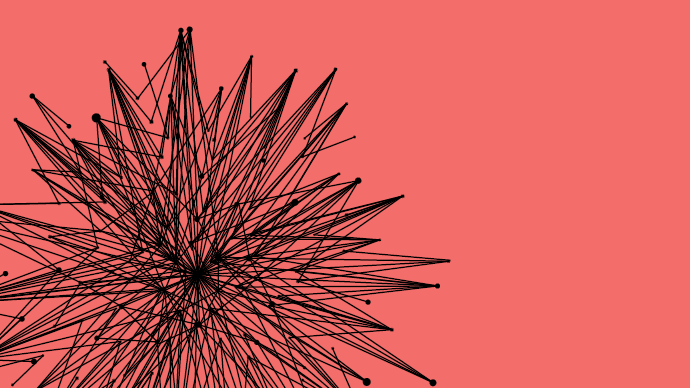Previous events
How to write a high-quality PhD dissertation in history? In small groups, students present and discuss their own PhD writing with peers and faculty. This workshop is held in conjunction with the Norwegian History Days 2024.
An interdisciplinary PhD course on structural racism with contributors from UiO, USN, NTNU, and HL-Senteret.
Text development seminar in area studies organised by Professor Atle L. Wold at ILOS. The text development seminar is a compulsory component of the PhD programme.
We want to invite you to an open evaluation with our PhD-fellow in Japanese Studies Ben Grafstrom. To comment on the candidates work, we have invited Assistant Professor of ethnography and performing arts of Japan, Andrea Giolai (Leiden University).
Can exhibitions be qualified as research-in-itself? If they can, then how? Which criteria should be the basis of evaluating and verify research exhibitions? The aim of the PhD course is to build a solid knowledge-base for understanding the relationship between exhibitions and research in the past and today, in order to collectively explore potentials and challenges for what can be called research-by-display.
Working title: "Tracing the Path of Transnational Expansion: Audience Reception of Turkish Dramas in Spain".
What is the role of history in society? How may historical knowledge and insight help contemporary societies deal with major political and social issues that fundamentally challenge their perspectives and self-understanding? And more precisely, how can historians and historical insights contribute when societies confront painful and difficult aspects of their own histories and contemporary life?
Are you writing something? Of course you are! Join Writer's Hours, a low threshold, socially guaranteed artificial environment for concerted writing during HF PhD Week and get some work done!
Learn how to use Autotekst for automatic text recognition of speech to text. Autotekst recognizes a wide range of languages and several audio and video formats. Autotekst is approved for use of red data.
Advanced course in Research Ethics: Scholars in the humanities are expected to contribute knowledge to the society. Their work and insights often call for or aims at social change. This course critically examines research for social change and debates about scholar activism.
This course identifies the “kappe” as a distinct element of the full body of work in an article-based PhD dissertation and offers conceptual and practical perspectives on how to position the “kappe” and how to write it.
Get an introduction to this user-friendly web-based application for digital text analysis — text mining — performing automated computational text analysis on documents in a range of formats and languages, and creating rich data visualizations to communicate the data.
Learn how to mark up, tag, and annotate your research material with Zotero, gathering your research material and research notes in one place.
In the final seminar, PhD fellows from IMK get feedback and recommendations for improving their dissertation draft prior to submission.
Researcher skills: Practical strategies for publishing in academic journals address what is commonly known as "silent knowledge" related to publishing
One-day course for the PhD Week at the Faculty of Humanities.
Advanced Course in Research Ethics: Ethics is essential to good scientific practice. However, rapid technological advances produce new challenges for research ethics. This advanced course in Internet Research Ethics covers both a reflection on norms and an examination of practical, real-world dilemmas with the aim to promote responsible and ethically justifiable research practice.
Are you writing something? Of course you are! Join Writer's Hours, a low threshold, socially guaranteed artificial environment for concerted writing during HF PhD Week and get some work done!
The compulsory course for all PhD candidates takes a broad approach to ethical issues in the humanities. It ensures that all candidates are familiar with the norms that constitute and regulate scientific practice and secure research integrity.
Advanced course in Methodology: How to “do” research at the deep end of the qualitative methodology spectrum? This course deals with the unique challenges that ethnography, autoethnography and phenomenology face in balancing the systematicity of scientific investigation with capturing the sensory, embodied, situated and emotional side of human (and non-human) reality
Learn how to collect, organize, and share your bibliographies, cite as you write, and generate reference lists in different formats.
How and why do researchers disseminate knowledge to a general, non-specialist audience? The course offers hands-on training of communication skills for a general public, as well as a reflection on non-academic media outlets as arenas for research dissemination. This course trains written communication in e.g. newspapers, journals, Web sites, and blogs.
The aim of this course is to boost methodological reflection on various forms of translation that take place in humanistic research. What are the possibilities of translatability, and which are the pitfalls?
Transkribus is a comprehensive platform for the digitisation, AI-powered text recognition, transcription, and searching of historical documents. In this workshop you will get a demonstration of Transkribus and learn how you can use this tool in your research.
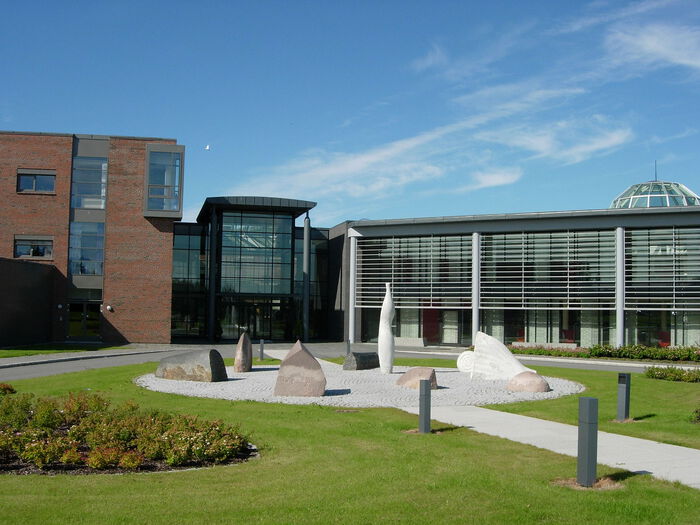
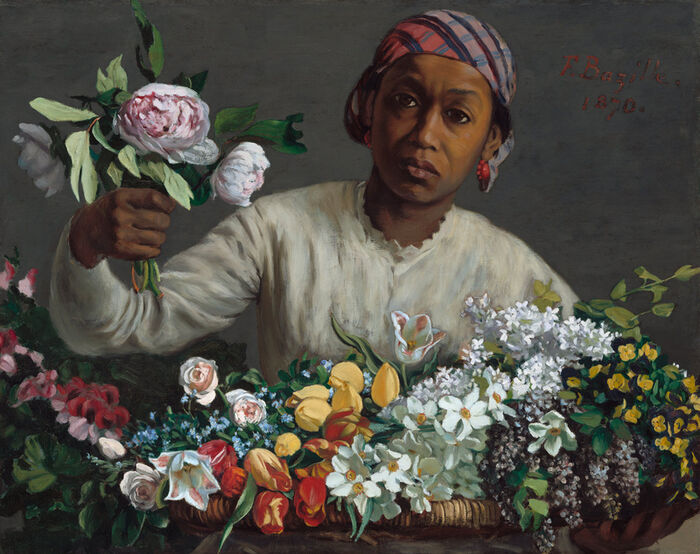
.jpg?alt=listing)
